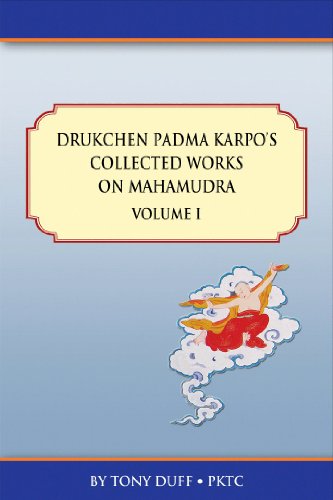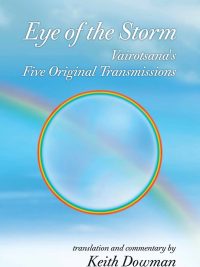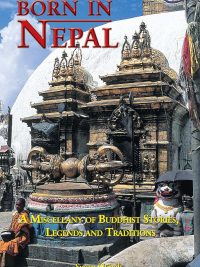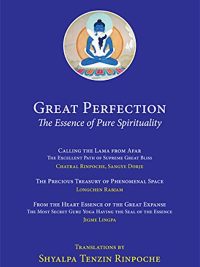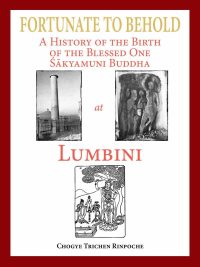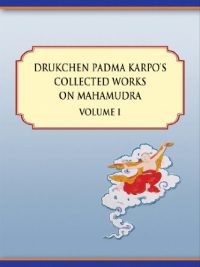Description
This book contains all of Padma Karpo’s writings on Mahamudra as found in his Collected Works. Padma Karpo [1527-1592 C.E.] was the fourth Drukchen or leader of the Drukpa Kagyu school of Tibetan Buddhism. He is one of the most famous of all Tibetan authors, and is well-known for his erudite explanations of difficult subjects.
A few of the smaller texts in this book have been seen in English. For example, the short but pithy Notes on Mahamudra, which is widely used in all Kagyu lineages these days as an instruction manual on the Four Yogas of Mahamudra, has been translated a number of times, beginning with Evans-Wentz’s famous first effort. It has been freshly translated to solve various problems with the earlier translations. This raises an important point. All the translations in this book are based on extensive personal teaching received from various Drukpa Kagyu masters over the span of a decade, often privately and directly in Tibetan. The Drukpa Kagyu has its own way of understanding the view and practice; existing translations by followers of other Kagyu lineages go astray in places because of lack of knowledge of the particulars of Drukpa Kagyu view and meditation. This book does not suffer from that problem. To the contrary, it is the first major presentation of texts of the Drukpa Kagyu in English done by someone who has studied closely with the Drukpa Kagyu.
Despite the fact that the Drukpa Kagyu view is presented in these texts, the book should be of immense value to anyone who is studying and practising Mahamudra. There are many explanations of the Four Yogas of Mahamudra in here which show the whole system in a level of detail not seen before. A bonus is that, in one text, Padma Karpo quotes extensively from his predecessor, the second Drukchen Gyalwang Je, who was famous for the brilliance of his expositions on tantra. Another gem is Padma Karpo’s explanation of a song of Saraha on the non-dual view which came to Marpa the Translator in a dream.
A lengthy introduction has been provided and ample notes and a long glossary have been provided to explain technical details where needed.
The book contains translations of the following texts:
Jetsun Tillipa’s Instruction to Naropa commonly known as “The Ganges Mahamudra”
The Guru of All Explanations That Thoroughly Distinguish the Ascertainments of The Four Yogas
An Explanation of the Four Yogas Called “An Eye to Look at the Definitive Meaning”
An Explanation of the Four Yogas Points Out Superfact
Notes on Mahamudra
“A Mirror on Mind”, Foremost Instructions on the Heart Meaning
“Mind Harvest”, An Instruction on Five-Part Mahamudra

